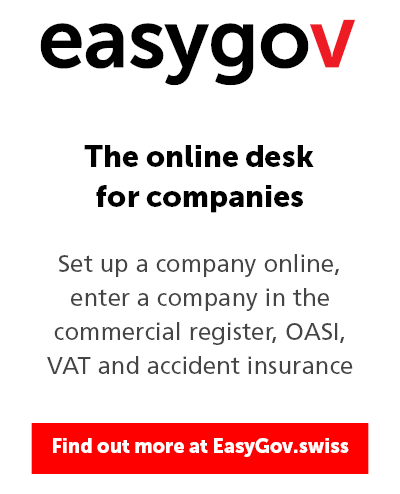Company insurance
Entrepreneurs have more freedom for company insurance than for social security schemes. In principle, they can decide themselves which risks to cover.
Company civil liability
Essentially, all companies need civil liability insurance. The risks vary from one sector to another. Companies are therefore advised to specifically assess and analyze their risks before taking out an insurance policy.
The following risks may be covered:
Risks associated with premises: damage occurring under the responsibility of the owner or tenant of commercial premises. Example: a tile falls off the roof of an operations building and damages a car parked nearby.
Operating risk: damage occurring during the company's operating phase. Example: when installing a new washing machine, the worker damages part of the fitted kitchen, which then needs to be replaced.
Product-related risk: damage caused by a manufacturing or design defect in products. Example: a component of a coffee machine from the company’s range tends to overheat, which can cause fires.
Moreover, various specific risks may be included in a policy. Company civil liability insurance, however, does not cover the damage caused by the entrepreneur himself or by a family member.
Individuals who are self-employed – such as doctors, pharmacists and architects – are free to take out professional civil liability insurance. This covers the risks specific to their profession.
Property insurance
There are two types of property insurance: real estate insurance and personal property insurance (goods, machines, tools, computers, vehicles, etc.).
Entrepreneurs only need to take out real estate insurance if they are carrying out their activity on their own property. Anything inside the building is considered personal property. Essentially, property insurance covers natural damage, fire, break-in and, partially, glass breakage. The necessary cover depends, to a large extent, on the sector (Non-life insurance).






